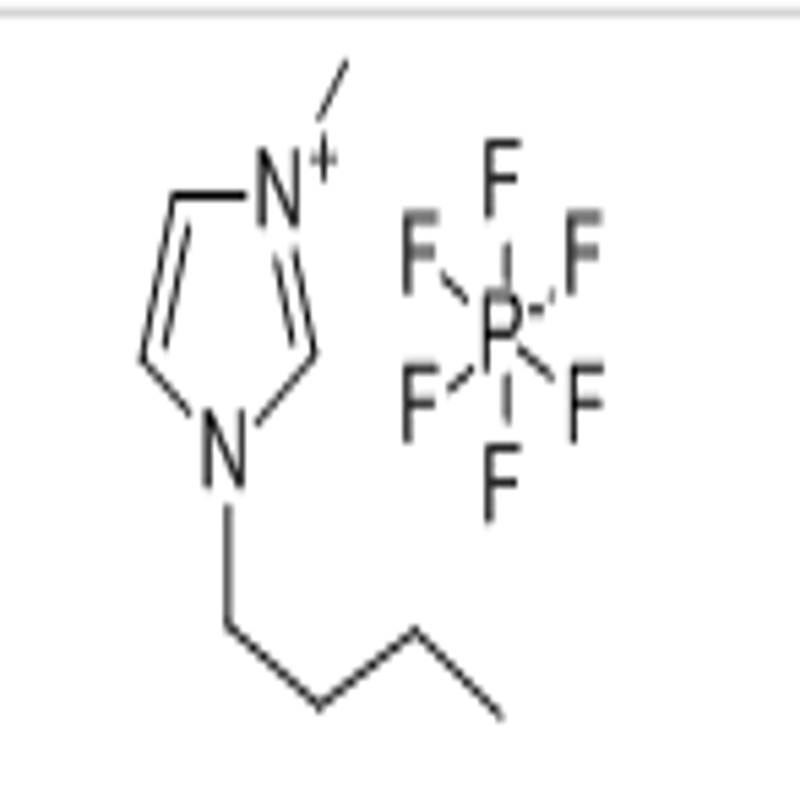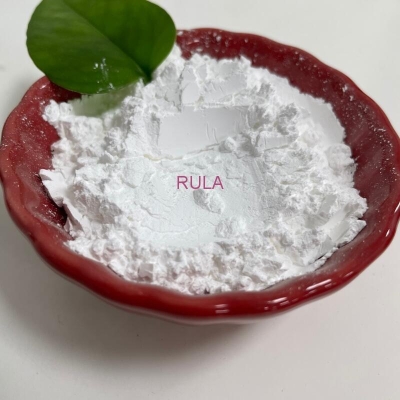-
Categories
-
Pharmaceutical Intermediates
-
Active Pharmaceutical Ingredients
-
Food Additives
- Industrial Coatings
- Agrochemicals
- Dyes and Pigments
- Surfactant
- Flavors and Fragrances
- Chemical Reagents
- Catalyst and Auxiliary
- Natural Products
- Inorganic Chemistry
-
Organic Chemistry
-
Biochemical Engineering
- Analytical Chemistry
- Cosmetic Ingredient
-
Pharmaceutical Intermediates
Promotion
ECHEMI Mall
Wholesale
Weekly Price
Exhibition
News
-
Trade Service
Text . . . Novartis' Kymriah was approved by the FDA in 2017 to treat patients with recurrent or refractive leukemia (ALL) under the age of 25, the world's first listed CAR-T therapy. After
, competition from drug companies and research institutions over CAR-T has become more intense.
but this kind of changed blood cancer treatment cell therapy also has a series of safety problems that need to be solved urgently, cytokine storm is one of them.
back in 2012, when CAR-T was an experimental therapy, six-year-old Emma Whitehead's leukemia returned, and researchers gave her CAR-T therapy.
although these genetically modified T cells eventually cleared Emma's cancer cells, the resulting inanifit immune response storms nearly took her life, and this is not an example. After
, the researchers came up with a number of solutions to this adverse reaction. Most of the
are attempts to insert a "death switch" into CAR-T cells, a gene that expresses a specific protein, and when a patient is trapped in car-T side effects, it uses small molecules that target the protein to kill The T-cell.
However, it is not so easy to target and kill T-cells, and existing cell therapies that add control switches require the introduction of new genetic material into cells, and immunogenicity and GENETICally modified silence have long plagued researchers.
unlike these common plug-in switching solutions to CAR-T toxicity, Dr James Patterson of the University of Cambridge, while studying for a Ph.D. at the Yeast Laboratory at the Francis Crick Institute in London, began to wonder whether a long-used method called nutritional defects used by yeast biologists could be used to address the toxic effects of CAR-T, which is to genetically modify cells to rely on specific nutrients, and then to provide or remove them to survive or die. In an article published July 13,
, in Nature Biotechnology, Dr. Patterson and a team at Stanford University demonstrated that the concept can work in mice and cell lines.
team knocked out the urethra monophosphate synthesis enzyme (UMPS) gene in T-cells and stem cells, which makes cell proliferation dependent on external urethosine, which can be controlled in both in vitro and in the body in heterogeneous transplant models by regulating the supply of urethosine.
this approach will increase the safety of cell therapy, making it possible to develop treatments with higher risk, especially those with limited treatment time.
Photo Source: Nature Biotechnology Patterson founded Auxolytic using this method to develop new safe "off" switches for all types of cells.
company hopes to survive by knocking out specific enzyme genes to make cells dependent on specific nutrients, and in practice, patients take specific nutrients to activate cell activity, and if serious side effects are observed, therapeutic cells in the body can be removed or eliminated, thereby reducing or stopping side effects.
photo source: Auxolytic website, a number of companies have joined the car-T switch development design, Bellicum Pharmaceuticals, Precigen, Poseida Therapeutics and Autolus Therapeutics pipeline development focus on small molecules or engineering protein-induced CAR-T "suicide" approach, BioAtla focus on CAR-T condition activation, the development of CAB (Biology- Dynamics) technology based on tumor micro-environment parameters.
Auxolytic's next goal is to incorporate this distinctive nutritional switching technology into a variety of cell therapies and seek to work with companies that promote breakthrough cell therapies to improve their products and expand the number of patients who can benefit from them.
Source: 1- The world's first "CAR-T" therapy has been approved for sale, opening a new chapter in cancer immunotherapy (Source: Tech Guide) 2 s Volker Wiebking, James O. Patterson, Renata Martin, et al. Bligh Engineering Projects A Transgene-free safety switch for the field Switches (Source: Auxolytic snr. 4-Engineering an on/off switch for CAR-T out of yeast and Jurassic Park (Source: EndpointS News)







